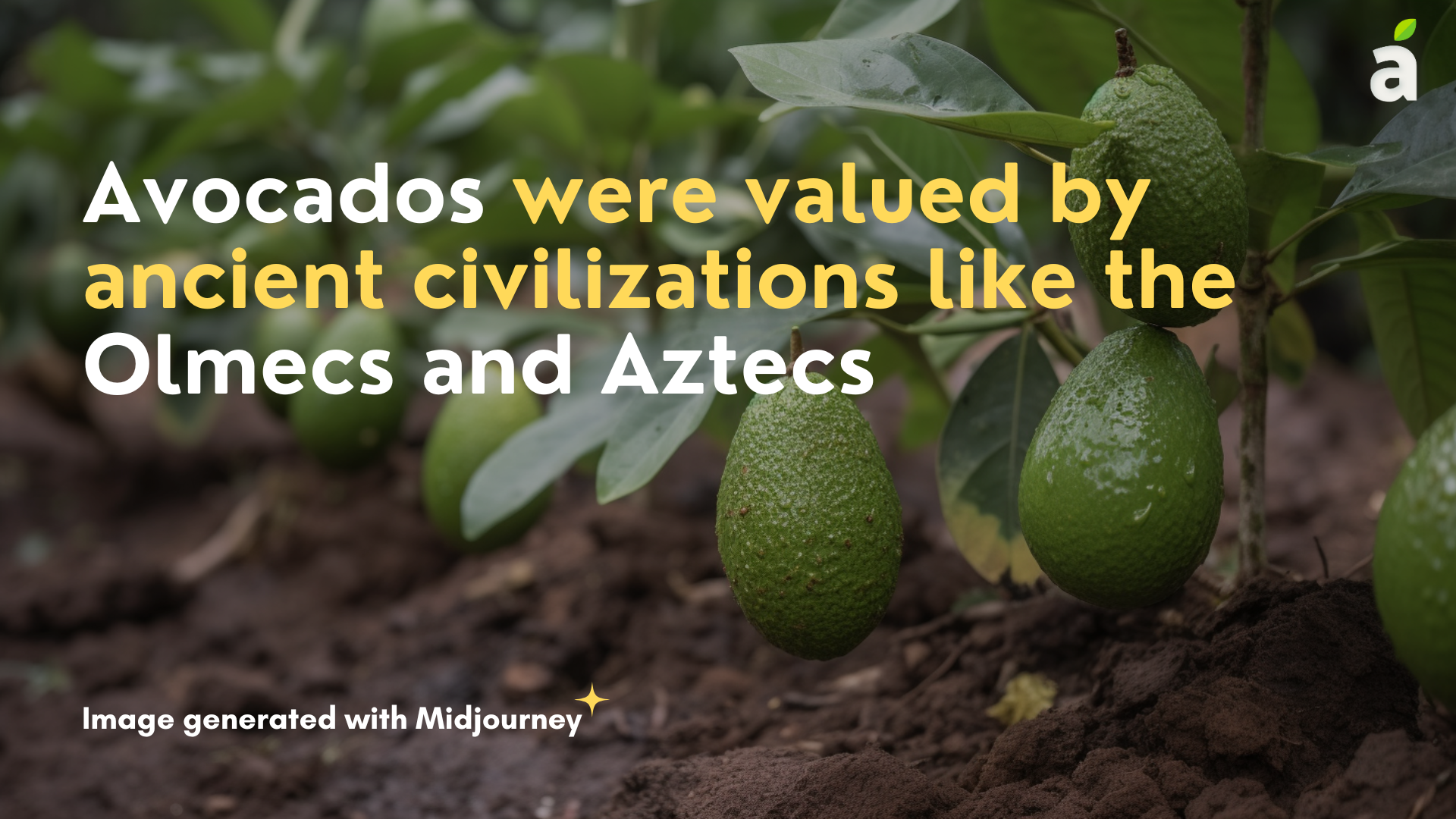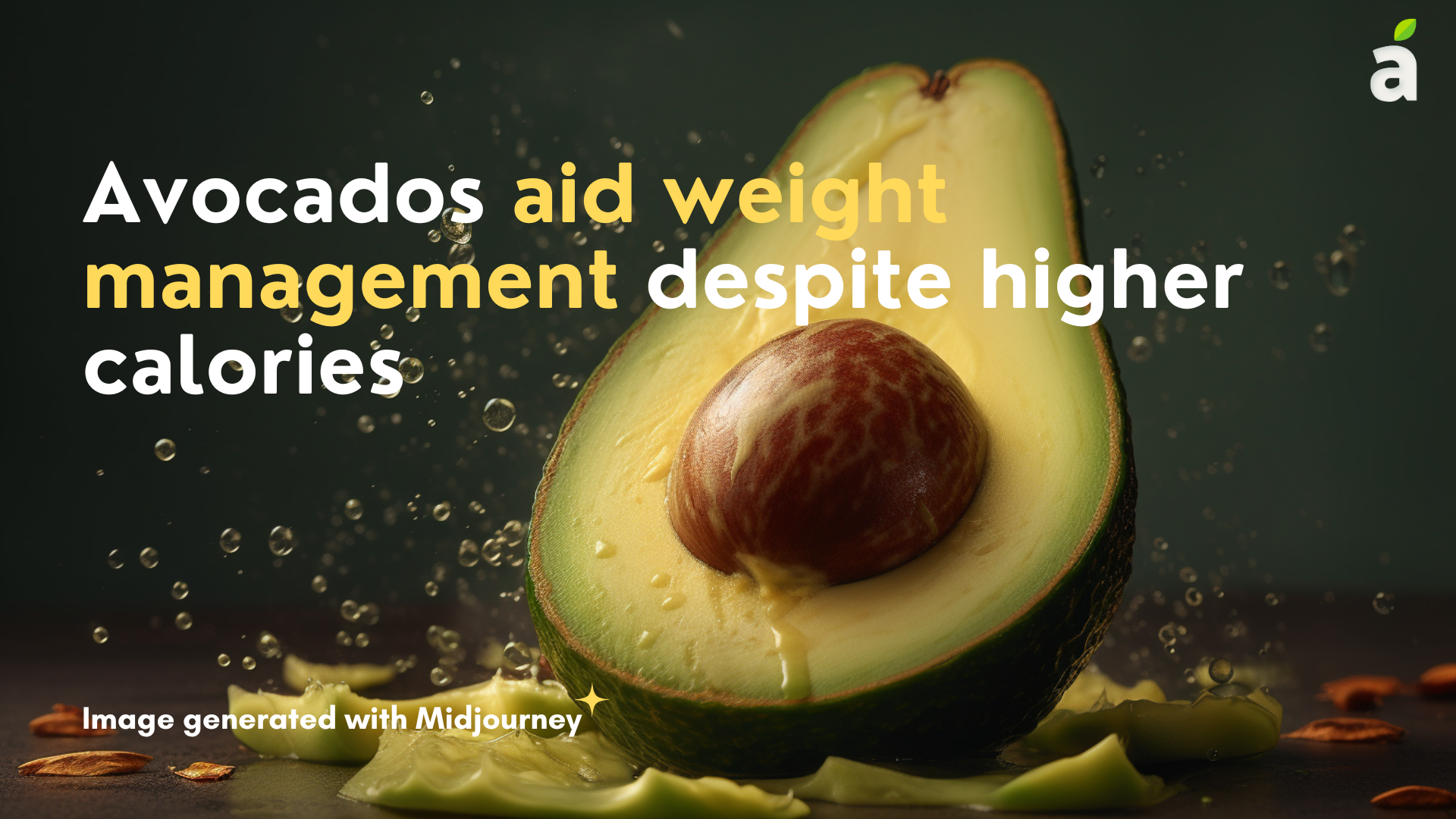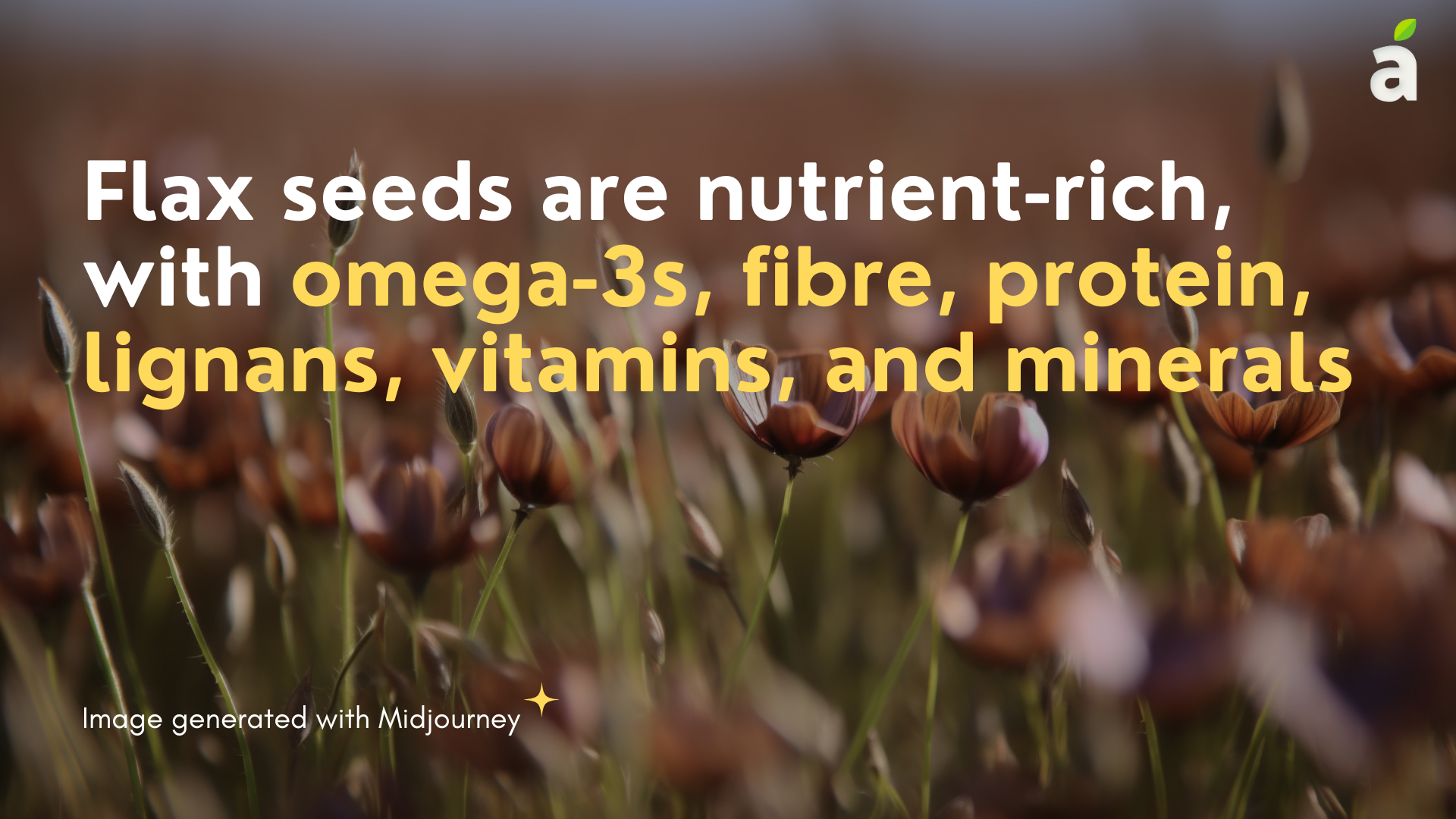Published Date January 24, 2003
Avocado: The Green Superfood
By Naurin Ansari
3 min read
Last update date: January 24, 2003

Avocados have taken the culinary world by storm, enchanting both health enthusiasts and food lovers alike. With their smooth and creamy texture, combined with a distinct flavour that blends effortlessly into a variety of dishes, they’ve become a sought-after superfood in recent years and more loved by the vegan community.
Let’s uncover fascinating facts about their vibrant green hue, the velvety flesh that hides beneath their skin, and the large pit that lies at their core. In this blog, we will explore the wonders of avocados, diving into what they are, the nutrients they offer, potential allergies, and the numerous benefits they bring.
What’s an Avocado?
Avocado, scientifically known as Persea americana, is a fruit that traces its roots back to Central and South America. It is renowned for its distinctive buttery texture and mild but nutty flavour.
Avocados have a millennia-old history in Mexico, cherished by ancient civilizations like the Olmecs and Aztecs, who embraced their value in both dietary and beauty practices.
With their creamy texture and nutrient density, they contribute to satiety and can be incorporated into various dishes like dips, salads, and smoothies. While moderation is advised due to its calorie content, avocados are an excellent choice for incorporating healthy fats and enhancing overall well-being.[1]
Nutrients in Avocado:
Avocados are known to be calorie-dense, with a recommended serving size of 1/3 of a medium avocado (50 grams or 1.7 ounces) providing around 50 calories.
- Healthy Fats: Avocados are abundant in monounsaturated fats, particularly oleic acid. These heart-healthy fats can help lower bad cholesterol levels and reduce the risk of heart disease.
- Fibre: They are a great source of dietary fibre, both soluble and insoluble. Fibre aids digestion, promotes feelings of fullness, and supports a healthy gut.
- Vitamins and Minerals: A 100-gram serving of avocado offers approximately 485 mg of potassium, 81 mcg of folate, 0.257 mg of vitamin B6, 10 mg of vitamin C, and 2.07 mg of vitamin E.
They also contain thiamine (vitamin B1), riboflavin (vitamin B2), and vitamin A (Retinol), and some varieties have up to 25% unsaturated oil in their flesh. These nutrients contribute to various bodily functions, such as immune support, collagen production, and electrolyte balance.[1]
Allergies Related to Avocado:
Individuals with a latex allergy may experience allergic symptoms when consuming avocados, a condition known as latex-food syndrome or latex-fruit allergy. This is due to the presence of a similar protein in avocados that can trigger an allergic reaction.
The symptoms can range from mild to severe, and it's important to be vigilant as the reaction may worsen with each exposure to avocados. If you experience any of the following symptoms, it is recommended to discontinue avocado consumption and seek medical advice:
- Difficulty breathing
- Wheezing
- Coughing
- Sneezing
- Runny nose
- Itchy, watery eyes
- Scratchy throat
- Skin itching, redness, hives, or rash [2]
Benefits of Avocados:
Avocados provide a range of health benefits, supporting cardiovascular health, reducing inflammation, as well as supplying essential nutrients such as vitamins (K, C, E, B6) and minerals.
- Heart Health: The monounsaturated fats in avocados, along with their high potassium content, contribute to heart health by lowering cholesterol levels and maintaining healthy blood pressure.
- Weight Management: Despite their higher calorie content, avocados can support weight management. Combining healthy fats, fibre, and satiating properties helps curb appetite and prevent overeating.
- Nutrient Absorption: Avocados are known to enhance the absorption of fat-soluble vitamins, such as vitamins A, D, E, & K. Vitamin A reduces the risk of macular degeneration, Vitamin D regulates the amount of phosphate and calcium, Vitamin E lowers inflammation, and Vitamin K boosts bone health. Adding avocados to meals can help optimize the intake of these important nutrients.
- Skin and Hair Health: The vitamins and antioxidants in avocados, such as vitamins E and C, promote healthy skin and hair. They help protect against oxidative damage, support collagen production, and maintain a youthful appearance.[1]
Takeaway
Avocado is a versatile and nutritious fruit that offers a wide range of health benefits. Its rich nutrient profile, including healthy fats, fibre, vitamins, and minerals, makes it a valuable addition to a balanced diet.
While avocado allergies are rare, it's essential to be aware of potential sensitivities. Incorporating avocados into your meals can support heart health, weight management, and nutrient absorption, and promote healthy skin and hair.
So, next time you indulge in creamy guacamole or top your salad with slices of avocado, savour the goodness and know that you're nourishing your body with a true superfood – the amazing avocado!
Keep reading
Choose Healthy With Us.
Know the real truth about your food. Stay informed and healthy, for free.

Download the App Now
Certified nutritionists trust our food recommendations. Safe to say, so can you :)











